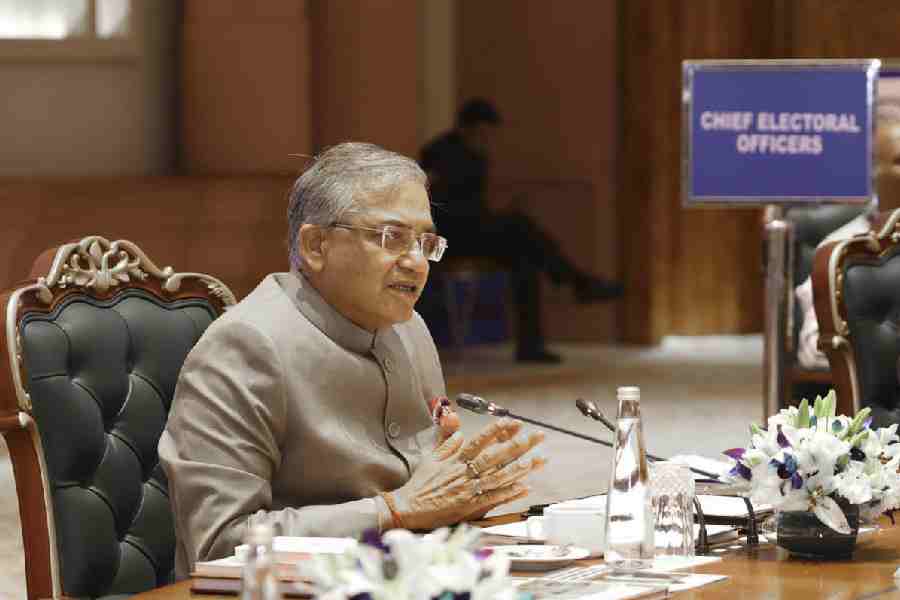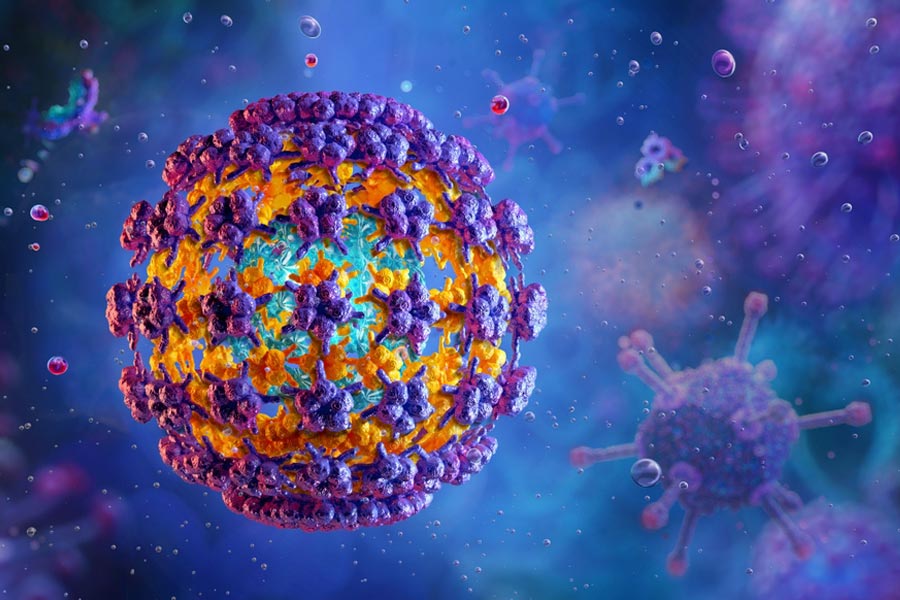Guwahati/Nagaon, July 8: The delay in the execution of a Rs 18.66-crore water supply scheme for fluoride and arsenic-affected areas in Karbi Anglong district has affected thousands of people, especially in Diphu and Bokajan subdivisions.
According to a Unicef study in 2012, Nagaon and Karbi Anglong districts have the highest number of areas affected by fluoride contamination, among the five affected districts in the state. It also found that arsenic contamination had affected 18 of the 27 districts.
Prolonged arsenic contamination is known to cause cancer and skin diseases, besides affecting reproductive health.
An NGO based here, Society for Socio-economic Development in Northeast, today questioned the delay in executing the water supply scheme for fluoride and arsenic-affected areas in Karbi Anglong district.
The secretary of the NGO, Samar Jyoti Bezbaruah, said they had submitted an application seeking information on the water supply scheme under the RTI Act.
The DoNER ministry had informed that it had sanctioned the Greater Dokmoka Tekelangjan water supply scheme in 2009 for the people affected by fluoride and arsenic from the waters of the Dikrut river.
The ministry replied that Rs 6.71 crore was subsequently released for the project.
The ministry had set October 30 this year as the deadline for the completion for the project.
“The ministry had sanctioned Rs 6.71 crore to the state government but work on the project has not yet started. We don’t understand why the state government is delaying the project as thousands of people living in the affected areas in Nagaon and Karbi Anglong districts are suffering for decades. We have serious doubts about the state government’s role in the implementation of the project,” Bezbaruah told The Telegraph here today.
“Assam public health engineering minister Gautam Roy in 2013 had promised that the state government was planning measures to give a respite to people affected by fluoride and arsenic but why has not the government started the project sanctioned by the DoNER ministry?” Bezbaruah asked.
Thousands of people especially in Tekelangjan, Ramsapathar, Lunglit, Dokmoka in Diphu subdivision and some areas in Bokajan subdivision are suffering the effects of contaminated groundwater.
Fluoride was detected in the Nagaon-Karbi Anglong bordering villages in 2000.
The Karbi Anglong autonomous council had taken up projects, including the construction of a laboratory in Diphu, the district headquarters and installed some fluoride-free drinking water schemes with assistance from the central government.
“The first such scheme was in Tekelangjun lower primary school in 2001, but that continued for hardly a month. The laboratory is now abandoned. The council also received funds from New Delhi for various defluoridation schemes, but most of these were implemented only on paper,” said Sarthe Ranghang, a Karbi student leader.










